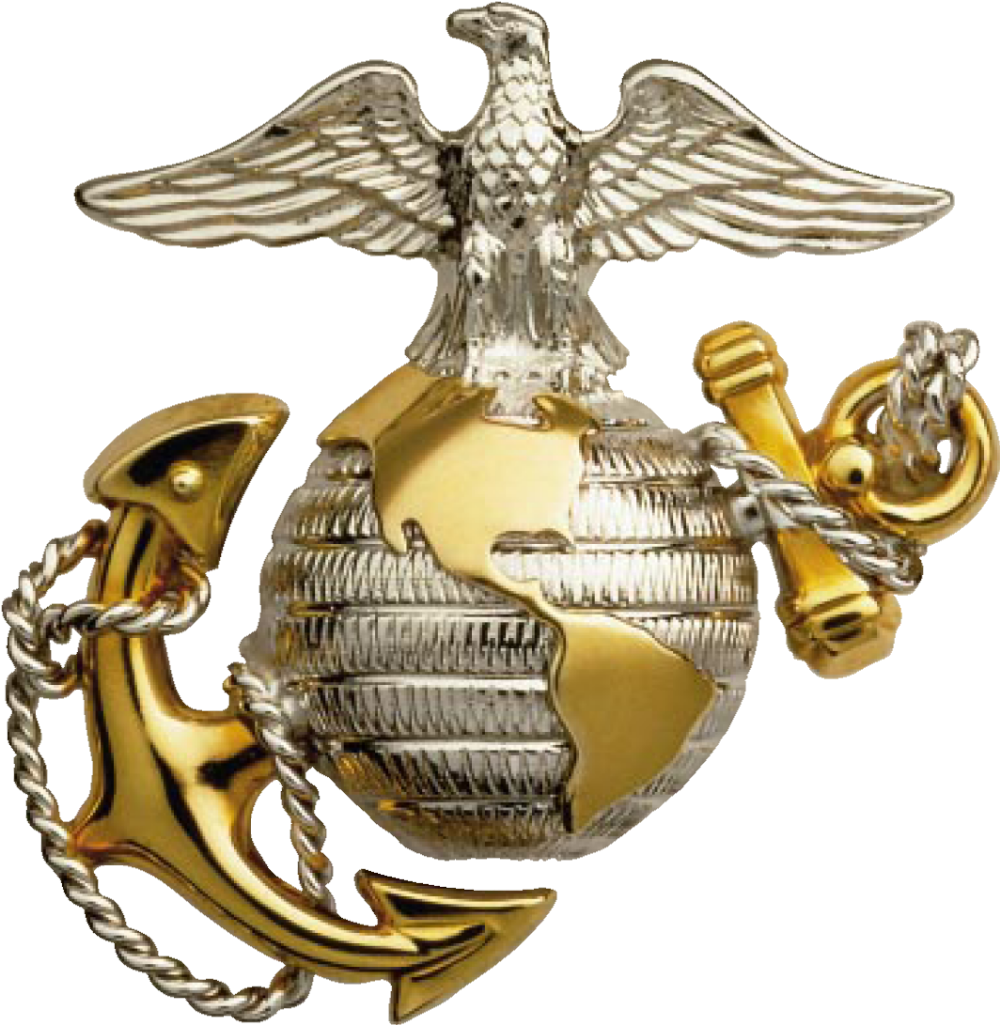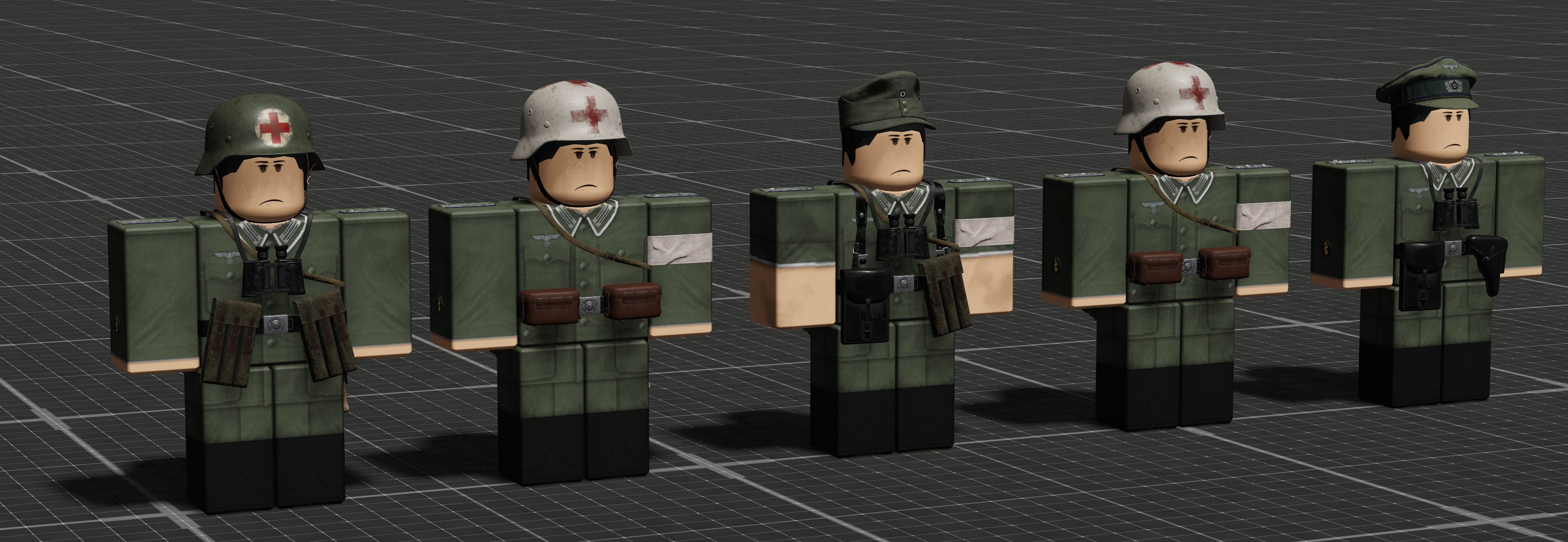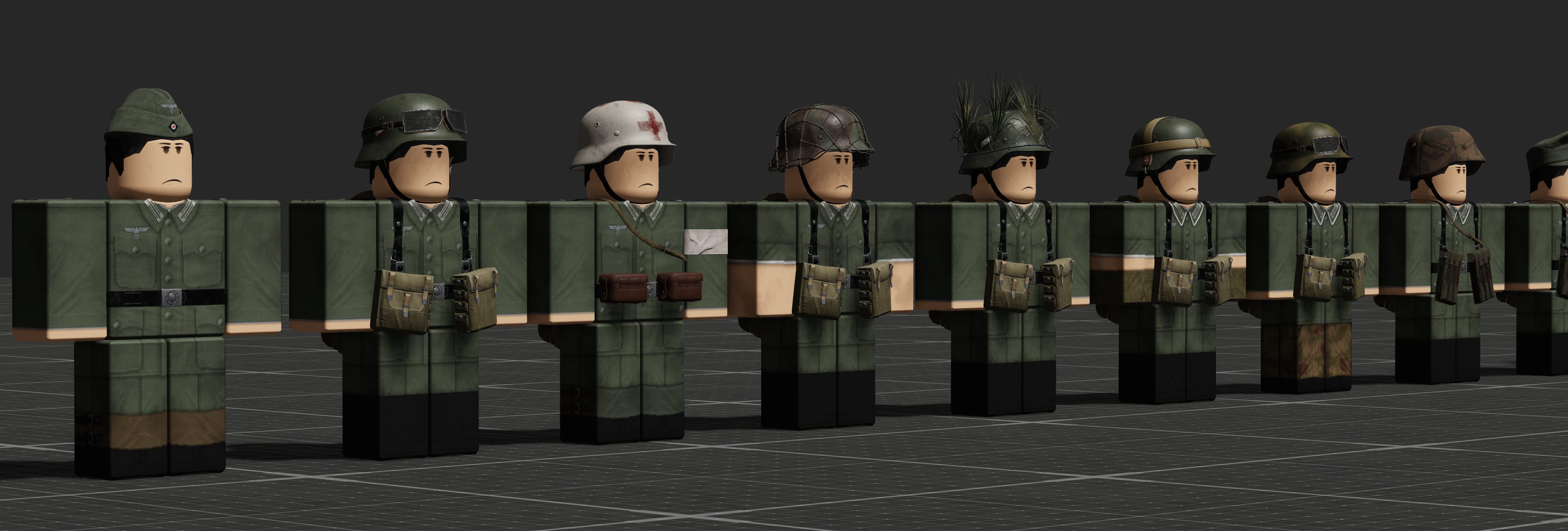USMC Pacific Uniform Pack
The United States Marine Corps (USMC) played a vital role in World War II, making significant contributions to the Allied victory in the Pacific Theater. Throughout the war, the USMC demonstrated its tenacity, adaptability, and combat prowess, earning a reputation as one of the most elite fighting forces in the world.
At the onset of World War II, the USMC was a relatively small force, but it quickly expanded its ranks to meet the demands of the war. Marines fought in various pivotal battles, demonstrating their ability to conduct amphibious assaults and island-hopping campaigns.
Some of the major battles and campaigns involving the USMC during World War II include:
- Guadalcanal Campaign (August 1942 - February 1943): The USMC's first major offensive in the Pacific. Marines landed on Guadalcanal and Tulagi in the Solomon Islands, successfully seizing control from Japanese forces after a long and brutal struggle.
- Battle of Tarawa (November 1943): An intense battle in the Gilbert Islands that resulted in significant losses for both sides. The battle highlighted the importance of pre-landing reconnaissance and better amphibious assault techniques.
- Battle of Iwo Jima (February - March 1945): One of the most iconic battles of the war, where Marines fought tenaciously to capture the Japanese-held island of Iwo Jima. The image of the raising of the U.S. flag on Mount Suribachi became an enduring symbol of American valor and determination.
- Battle of Okinawa (April - June 1945): The largest amphibious assault in the Pacific theater, Okinawa witnessed some of the fiercest fighting of the war. It provided a glimpse of the potential casualties that an invasion of the Japanese home islands might entail, further influencing the decision to drop atomic bombs on Hiroshima and Nagasaki.
Throughout the war, the USMC refined its amphibious assault tactics and developed expertise in amphibious warfare. The "island-hopping" strategy involved bypassing heavily fortified Japanese positions, capturing strategically important islands, and using them as bases for further advances. This approach reduced the need for large-scale invasions, minimized casualties, and allowed the U.S. to steadily advance towards Japan.
The Marines' commitment to esprit de corps, rigorous training, and a strong sense of camaraderie were also defining factors in their success. The USMC became known for its ability to adapt quickly to changing battlefield conditions, a skill that proved crucial during the intense and unpredictable island campaigns.
By the end of World War II, the USMC had grown into a formidable force, leaving a lasting legacy as one of the world's premier military organizations. Their efforts in the Pacific Theater significantly contributed to the ultimate Allied victory and helped shape the modern USMC into a highly respected and effective fighting force.














